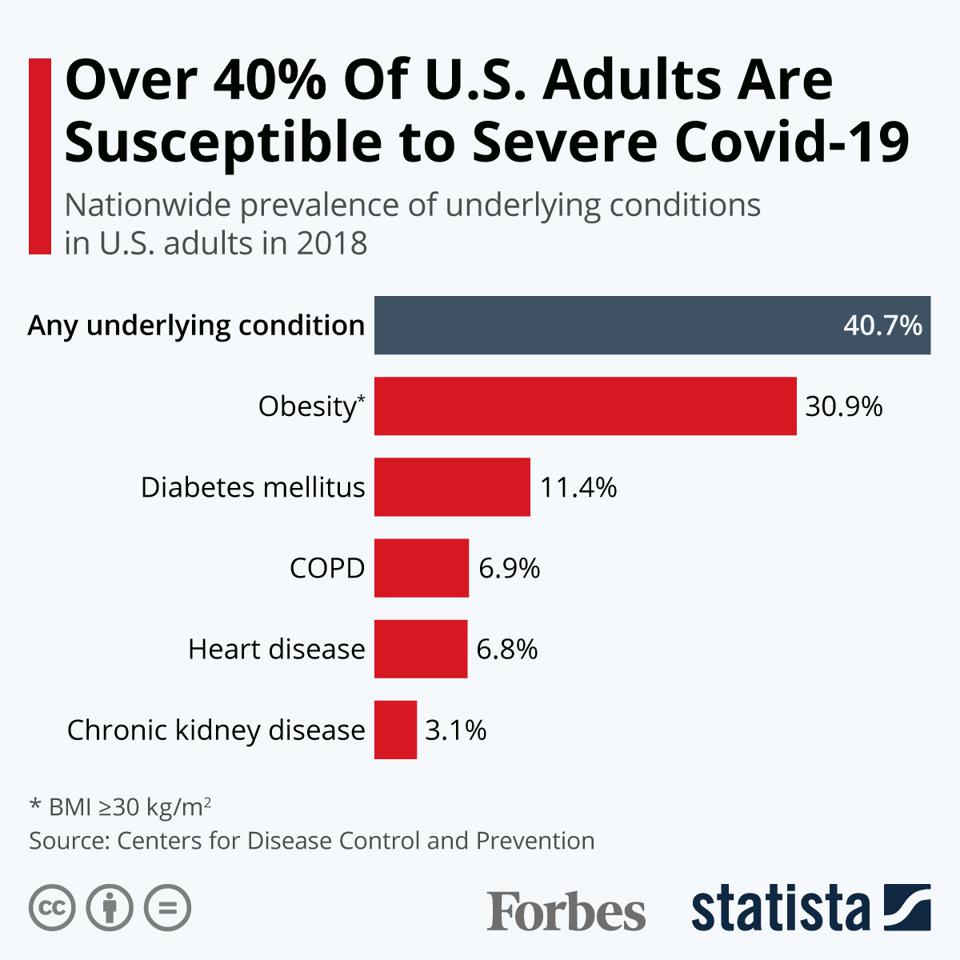
The growing evidence suggests that lifestyles can affect genes. Our genes can be affected by the molecules that surround them. This study shows that our environment can have an effect on our genetics. The implications of this research are far-reaching. Here's how lifestyle can influence our genes. And what might be the consequences? Let's take a look at what these changes could mean for our health.
Researchers have found that certain gene variations are associated with longer lives. These gene variations are involved in basic cellular functions, such as repair of DNA and maintenance of chromosome ends. They include genes that regulate the immune system and cardiovascular system as well as genes that control blood fat. The cardiovascular system plays an essential role in long-term health, including reducing the risk from heart disease and other diseases. These genes were not the only ones that were studied. Other researchers discovered that certain variants of gene had lower chances of developing certain cancers.

Researchers have shown that lifestyle and genetics are closely connected to cardiovascular health. The researchers also discovered that genetic variants of CAD and other conditions may be affected by a person's lifestyle. This relationship is vital for our health. To learn more about your family's history, click here. This is an essential step in improving your health. And it's FREE! Just remember: The more you know, the better. Consult a doctor if you are concerned about a specific disease.
It is important to consider the combined effects of lifestyle and genetics. These factors may all impact your risk of developing type 2 diabetes, atrial fibrillation (stroke), coronary arterial disease, stroke and other conditions like atrial fibrillation. These factors can be also linked to the risk for heart disease. These results should serve as a guideline for lifestyle changes. This information can be viewed as a guideline for lifestyle changes. For optimal health, a multifactorial approach is necessary.
These findings are not meant to be taken as conclusive proof that genetics and lifestyle have a causal relationship. Studies have shown that genetics is a major factor in the variation between men and women. However, lifestyle genetics could be responsible for some of these differences. The results of these studies are helpful for developing better lifestyle-genetics-related prevention strategies. This will allow you to determine if your family is at risk of developing dementia. You should seek the advice of a doctor if your family is at risk.

Another way to identify your health risks is to take a genetic test. It can give you a clear picture of the risk of some common conditions. The test will also indicate if you have any gene variations. This means that your genes may be a factor in your overall health. This study revealed that lifestyle genetics could be an effective way to determine how your genes may impact your health. Living a healthy life can help reduce your chances of getting dementia.
FAQ
What does milk do?
Think about other uses for milk next time you purchase it. It may be a good idea to reduce your coffee intake.
Both children and adults have been shown to benefit from milk. Milk contains nutrients like vitamin D. Calcium, potassium, phosphorous, magnesium, and other essential nutrients.
It helps with digestion, promotes weight growth, and improves bone strength. People who consume dairy products have lower rates of illness and better immune systems.
Also, milk is rich in lactose so people who can't digest this sugar well can still reap the benefits of it without any stomach issues.
Drink more milk than soda and juice. The extra calcium and vitamin D found in milk can help strengthen your teeth and bones.
Plain low-fat yogurt is another option if milk tastes bland to you. Yogurt is a great alternative to milk since it is lower in calories and higher in protein.
Probiotics are also found in yogurt, which help with digestion and boost immunity.
Take a glass warm milk before you go to bed if you are having trouble sleeping. Warm milk relaxes muscles and increases serotonin levels, helping you get a good night's rest.
Do I need to exercise every day?
No! Get at least 30 minutes of moderate-intensity physical activity 5 days a week. This could be walking fast enough so you feel slightly out breath or cycling hard enough to sweat.
Why Metabolic Health Is the Key to Aging Well?
People are living longer lives today than at any point in history. However, as they age, so do their chances of getting sicker. Even though we have made significant advances in medical science it is becoming clearer that our current approach doesn't work.
It is time to change the way we view health and aging. Healthful aging requires that we start to think about metabolic health, which is not only weight loss but overall well-being.
And if you want to live an active life for decades to come, you should ensure that your metabolism stays strong and healthy throughout your entire lifetime.
There are many ways you can improve your metabolic health. One way is to include these 7 foods in your diet.
-
Resveratrol in blueberries has been shown to support cell longevity. They are also rich in vitamins C & E and antioxidants.
-
Beans like lentils and pinto beans are excellent fiber and plant-based protein sources. These nutrients help maintain blood sugar levels so they don’t spike and fall.
-
Broccoli has sulforaphane. It has been proven to protect cells from DNA damage. It may even slow down the progress of cancer.
-
Chia Seeds are high in omega-3 fatty acids and fiber. They are high in protein and antioxidants. All of these nutrients can promote heart health and brain function as well as gut health.
-
Green tea contains catechins, which are polyphenols. The catechins in green tea have been linked to reduced bone fractures, cardiovascular disease, cognitive decline, and diabetes risk.
-
Salmonis high in protein and rich in vitamin D is one of the most popular sources of lean proteins.
-
Walnuts are high in omega-3s. They also contain antioxidants like alphalipoic Acid (ALA). ALA aids in energy production and protection against inflammation.
Statistics
- The PRS enabled risk stratification for overall prostate cancer and lethal disease with a four-fold difference between men in the highest and lowest quartiles (HR, 4.32; 95% confidence interval [CI], 3.16-5.89). (pubmed.ncbi.nlm.nih.gov)
- Candidates and applicants must pass all four tests at 70% (minimum level) to graduate from Basic Deputy U.S. Marshal (BDUSM) Training. (usmarshals.gov)
- By John Thompson Take a whopping 38% off a set of PowerBlock Pros. (menshealth.com)
- Cardmembers earn 5% Back at Amazon.com with a Prime Credit Card. (amazon.com)
- Get free shipping and 25% off today. (healthline.com)
External Links
How To
What is the healthiest food for men?
Men should eat five meals a day of fruits, vegetables and other healthy foods. They must also avoid red meat and fast food.
Fruits and vegetables are high in antioxidants which help prevent cancer, heart disease, and other diseases.
Vegetables include broccoli, cauliflower, carrots, spinach, tomatoes, peppers, cucumbers, lettuce, mushrooms, etc.
Also, beans and peas are rich in protein and fiber.
A great source of omega-3 fatty acid is nuts and seeds. Omega-3 s are essential for brain function and hormone production.
Fish is another great source of omega-3s. Fish has more mercury than other meats. However, fish liver oil does contain fewer toxins.
For normal growth and development, Omega-6s are required in vegetable oils such as soybean, sunflower, safflower and cottonseed oils.
Poultry provides a lot of lean meat. Chicken breast is one the healthiest meats.
Lean beef is low in saturated fats and cholesterol. Avoid eating too many red meats as iron intake can increase the risk of developing prostate cancer.
Avoid processed meats such as sausage and hot dogs. These have added nitrates which can be carcinogenic.
It is obvious that exercise is important for overall health. What if you already exercise regularly? Is there any other way to improve or maintain your physical health?
The answer is yes! There are many things you can do to get the best out of your workouts. Here are some tips on how to maximize your workout:
Start slowly. You may hurt yourself if you push yourself too hard in your first session. Start slow and build your intensity slowly.
Stretch before and after. Stretching will help loosen tight muscles, reduce soreness, and improve flexibility. You can stretch by lying down, standing up, or walking around.
Cool down. This is especially important when you are doing cardio exercises. So that your body doesn't become exhausted, it needs to be able to recover between sessions. Cool down by walking slowly, taking deep breaths or going for a swim.
Hydrate. Hydration can help you stay hydrated and reduce muscle cramps. Water is the best drink, but sports drinks are also good.
Healthy eating habits are important. You should eat enough calories every day. Eating regular meals throughout the day will help you stay energized and focused during your workout.
Get some rest. Sleep well and you will feel refreshed when you wake up. It is essential to get enough sleep in order to repair damaged tissues.